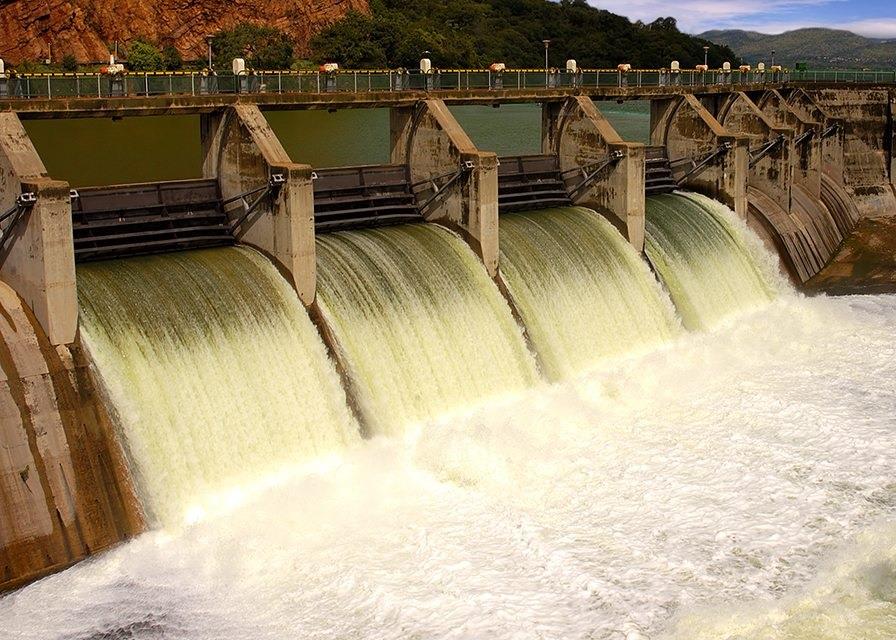
Developers to broaden sources of finance as international banks shun power and water schemes.
Clients and developers are trying to find new ways to finance utility projects to offset waning interest from international banks.
Uncertainty over underwriting commitments has hit power and water schemes across the GCC. In Saudi Arabia, the three bids for the $2bn Rabigh independent power project (IPP) planned by Saudi Electricity Company (SEC) are unlikely to be fully underwritten, say project sources.
“Given the market conditions, no one will be able to submit a bid with full underwriting,” one source close to the project tells MEED. “SEC’s adviser [Citi] is aware bidders cannot get underwriting commitments.”
“We are not sure whether any consortium will be able to get full underwriting in the current climate,” says another financier seeking to support one bidder.
International banks are less willing to underwrite projects because of the credit crisis. “There are fewer opportunities than before,” says Amer al-Swaha, head of the IPP project at SEC.
The situation is worse in Saudi Arabia due to the limited number of local banks. To help developers, the SEC changed the bidding terms in mid-October by increasing the number of local banks able to underwrite a bid from two to three.
Potential bidders for the project include Belgium’s Suez Energy International with the UK’s International Power and Saudi Oger; the local Acwa Power Projects with Korea Electric Power Corporation and Japan’s Mitsubishi Corporation; and Japan’s Marubeni Corporation with the local United Infrastructure Developers Company.
Saudi Hollandi will not offer financial support to bidders, but Riyad Bank, Samba and Al-Rajhi are thought to be considering offering funding.
However, one project banker in the kingdom says allowing more local banks to underwrite bidders will do little to improve prospects for firm commitments. “No one wants to do underwriting at the moment, it is just too much risk,” he says.
SEC has also extended the deadline for proposals from 1 November to 1 December. The project agreements are now set for signing on 14 March 2009.
In the UAE, Abu Dhabi Water & Electricity Authority (Adwea) is also reviewing projects. It is considering a bridging loan for the Shuweihat 2 independent water and power project (IWPP), which is expected to cost $3.2bn in total.
According to regional bankers, Suez Energy International could also gain funds from the Japan Bank for International Co-operation, although Japanese firms would have to take at least a 20 per cent stake in any deal.
Adwea may also intervene in the funding of sewage treatment plants. France’s Veolia and Belgium’s Besix won a 25-year concession to develop two waste-water plants in Abu Dhabi and Al-Ain in July.
Adwea could step in to provide short-term finance for the $550m scheme by extending a guarantee or providing cash. If a long-term solution proves impossible, it is likely to fund the project from its own resources (MEED 10:10:08).
You might also like...

Ajban financial close expected by third quarter
23 April 2024

TotalEnergies awards Marsa LNG contracts
23 April 2024

Neom tenders Oxagon health centre contract
23 April 2024

Neom hydro project moves to prequalification
23 April 2024
A MEED Subscription...
Subscribe or upgrade your current MEED.com package to support your strategic planning with the MENA region’s best source of business information. Proceed to our online shop below to find out more about the features in each package.




